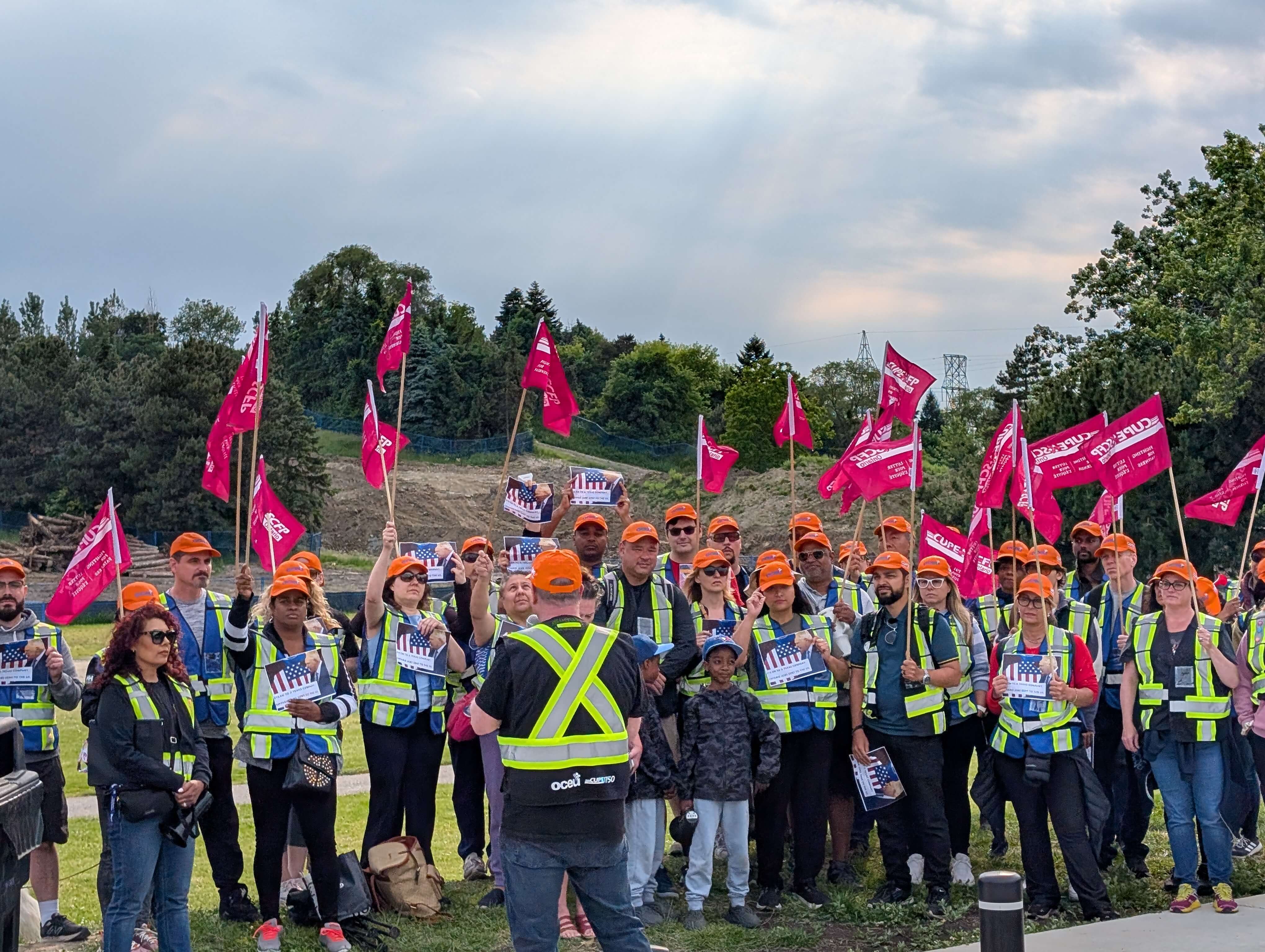U.N. Secretary General Ban Ki-moon urged strong international action Thursday to boost safety and security of nuclear power plants against accidents and terrorist attack.
Ban told a high-level meeting at the General Assembly that the meltdown at the Fukushima Dai-ichi nuclear plant after the earthquake and tsunami that struck northeastern Japan in March was a wake-up call for the world.
Chief of the International Atomic Energy Agency, Yukiya Amano, said in a statement that public confidence in nuclear power could be restored only if governments, regulators, plant operators and the IAEA worked together and were highly transparent.
Members of the 151-nation IAEA, based in Vienna, adopted Thursday a post-Fukushima nuclear safety plan but several influential member nations have complained that it is too timid because compliance is voluntary.
Japanese authorities have faced stern public criticism for their response to the Fukushima meltdown, the worst radiation-spreading nuclear crisis since Chornobyl 25 years ago.
Prime Minister Yoshihiko Noda said they were working to complete the "cold shutdown" of the plant by the end of the year. He vowed that Japan would disclose to international community all information related to the accident in a swift and accurate manner.
He conceded that Japan had overestimated its preparedness for tsunamis. He said the emergency electrical supply and pumps needed to cool the reactors at Fukushima should not have been located where they could be submerged by the incoming sea water.
Amano said in his statement from Vienna that IAEA projections still show that global use of nuclear power is projected to grow significantly in the coming decades because of growing energy demand and concerns about climate change.
"The resolve of many developing countries to introduce nuclear power to meet their increasing energy needs remains undiminished," he said.
Viktor Yanukovych, president of former Soviet republic Ukraine where Chornobyl is located, made a strong appeal to strengthen the IAEA's ability to respond and analyze such accidents.
He also urged countries to renounce the use of highly enriched uranium as Ukraine has done, saying it would reduce risks of nuclear proliferation for military and terrorist purposes.
Ban told a high-level meeting at the General Assembly that the meltdown at the Fukushima Dai-ichi nuclear plant after the earthquake and tsunami that struck northeastern Japan in March was a wake-up call for the world.
Chief of the International Atomic Energy Agency, Yukiya Amano, said in a statement that public confidence in nuclear power could be restored only if governments, regulators, plant operators and the IAEA worked together and were highly transparent.
Members of the 151-nation IAEA, based in Vienna, adopted Thursday a post-Fukushima nuclear safety plan but several influential member nations have complained that it is too timid because compliance is voluntary.
Japanese authorities have faced stern public criticism for their response to the Fukushima meltdown, the worst radiation-spreading nuclear crisis since Chornobyl 25 years ago.
Prime Minister Yoshihiko Noda said they were working to complete the "cold shutdown" of the plant by the end of the year. He vowed that Japan would disclose to international community all information related to the accident in a swift and accurate manner.
He conceded that Japan had overestimated its preparedness for tsunamis. He said the emergency electrical supply and pumps needed to cool the reactors at Fukushima should not have been located where they could be submerged by the incoming sea water.
Amano said in his statement from Vienna that IAEA projections still show that global use of nuclear power is projected to grow significantly in the coming decades because of growing energy demand and concerns about climate change.
"The resolve of many developing countries to introduce nuclear power to meet their increasing energy needs remains undiminished," he said.
Viktor Yanukovych, president of former Soviet republic Ukraine where Chornobyl is located, made a strong appeal to strengthen the IAEA's ability to respond and analyze such accidents.
He also urged countries to renounce the use of highly enriched uranium as Ukraine has done, saying it would reduce risks of nuclear proliferation for military and terrorist purposes.





